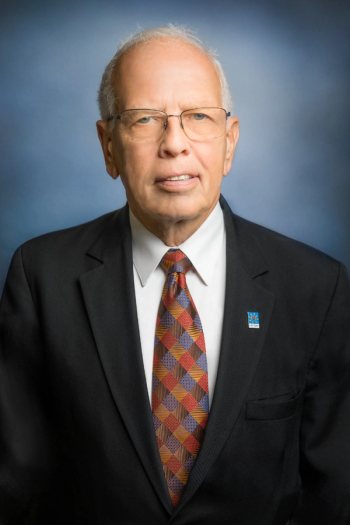
Case management for seniors requires heightened coordination
The centers for Medicare and Medicaid (CMS) says that 23% of Medicare beneficiaries have five or more chronic conditions but account for 68% of costs-not quite the 80/20 rule. And they tend to see many different doctors-about 14 a year with almost 40 office visits-and take as many as 10 medications at a time, according to Partnership for Solutions.
That makes the population of older adults prime for disease management–especially for conditions hitting that age group more dramatically than younger people, such as Alzheimer's, congestive heart failure (CHF), Parkinson's disease and chronic obstructive pulmonary disease (COPD).
Although CMS developed voluntary chronic care improvement programs, called Medicare Health Support, to improve the quality of care and life for people living with multiple chronic illnesses, disease management for older adults outside the CMS program is thriving.
"You have to look at the whole patient and be cognizant of all the issues-a multiple medication regimen, how they metabolize drugs and comorbidities," he says. "It is important to focus on seniors' vulnerabilities and understand how diseases and medications may interact with each other."
ActiveHealth takes advantage of a proprietary technology called Care Engine, a clinical decision-support tool, which identifies gaps in care-overdue lab tests or contraindicated drugs-by analyzing member-specific data and comparing it with the most current evidence-based literature. The results are actionable recommendations and alerts for providers and patients. The company offers disease management for COPD, CHF, Parkinson's, rheumatoid arthritis and others.
Anthony Staresinic, clinical coordinator, Navitus HealthSolutions, in Madison, Wisc., shares Dr. Reisman's view on the need to look at senior patients holistically because of comorbidities and complex care management programs. As a pharmacy benefits manager (PBM), Navitus's primary approach is medication therapy management-helping patients appropriately use medications, providing education on drugs and encouraging the use of the most cost-effective medications. In addition, Navitus promotes self-management to engage patients and caregivers in advocating for themselves. The PBM uses a multi-disciplinarian team and risk assessment and goes beyond merely switching someone to a generic or a lower tier drug. Navitus' disease management programs incorporate phone, written and Web-based information.
CHF INVITES DISEASE MANAGEMENT
Nearly five million people in the United States-mostly older adults-already have CHF; about 550,000 people develop CHF each year, according to the Centers for Disease Control and Prevention (CDC).
Geisinger Health Plan, Danville, Pa., has established a disease management program for CHF for both its Medicare and commercial populations although there are three times more Medicare beneficiaries with the condition. Sabrina Girolami, director of care coordination for Geisinger, says case management for an older group is much more complex and should assess each disease, healthcare costs and expenses, hospital admissions, emergency room visits and social support.
While Geisinger's approach is not entirely new, it has been turned up several degrees, Girolami says, now calling it "turbo case management." The disease management program is comprised of many elements: ensuring the safety of the home environment; coordinating care with a single provider; assessing patients for alcohol, drug and elder abuse; medication reconciliation and compliance; and preventing readmittance to the hospital by eliminating any gaps in care after discharge.
Keeping patients out of the hospital is a primary objective for Geisinger. "We are going after those in the hospital with certain diseases and those that have a history of hospital stays and determining how we can intervene or work with their families to turn this around," she says.
Newsletter
Get the latest industry news, event updates, and more from Managed healthcare Executive.























